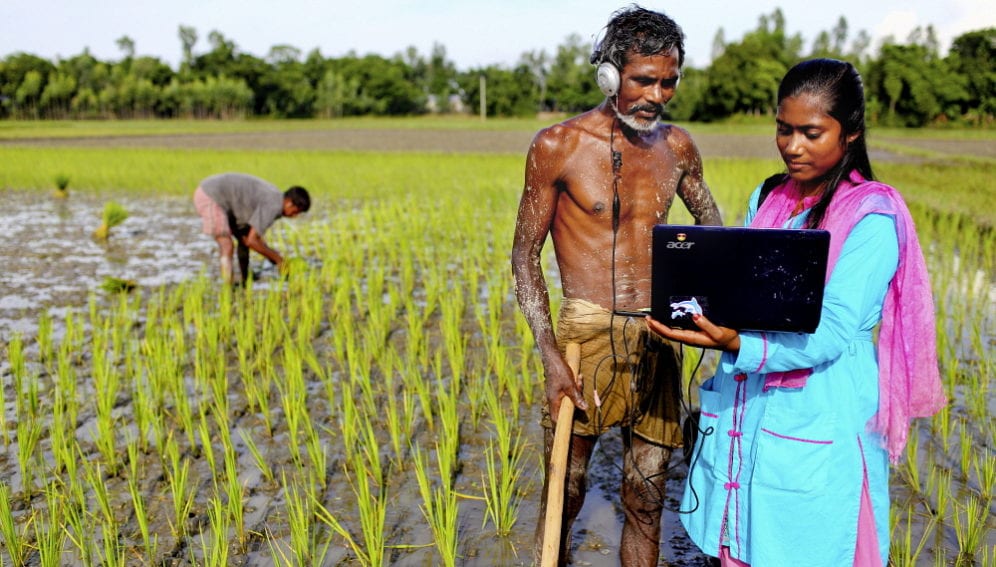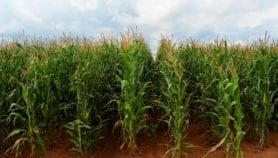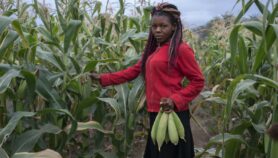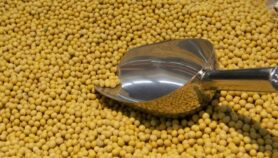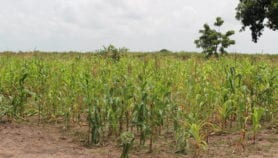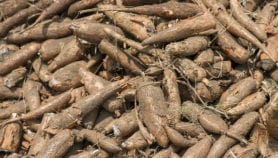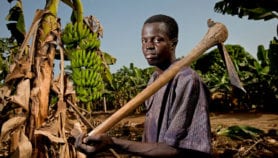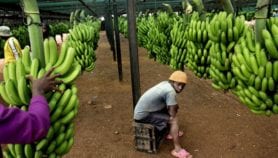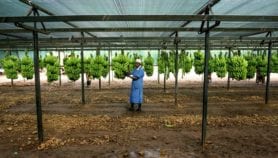Send to a friend
The details you provide on this page will not be used to send unsolicited email, and will not be sold to a 3rd party. See privacy policy.
SciDev.Net is hosting a live text debate on genetically modified (GM) organisms on our global edition on Wednesday 11 June. For details on how to get involved, please see below.
The arguments about GM continue to rage in farming, research and development communities across the world. Some declare the technology to be an environmental hazard and a threat to smallholder farmers. Others say it can feed billions more people in the face of climate change, water scarcity and population growth.
In the lead up to this debate, we published a series of opinions on GM by experts from the SciDev.Net regions. These experts will now lead the discussions about the science of GM and unlock some of its myths. How can countries regulate its use? Why is it such a controversial topic and, within all this, what exactly is wrong with GM?
The debate will take place in the comment section on our global edition. Please login below and add your comments and questions on that edition's thread.
We will be cross-posting any questions we get via Twitter (@scidevnet) using the hashtag #gmdebate, so please get in touch.
Panel
Pervaiz Amir is an agricultural economist and specialist in water, climate change and smallholder agriculture. He is a director of the Pakistan Water Partnership.
Stance on GM: In his SciDev.Net opinion piece, Amir argues that Pakistan’s experience shows that GM technology is unsuitable for small-scale farming.
Stance on GM: In his opinion article, Lynas, who formerly opposed the technology, discusses how GM crops are bringing vastly improved harvests in South Asia.
Tarek Kapiel is a plant biotechnologist at Al-Baha University in Saudi Arabia and Cairo University in Egypt. He is a consultant to many Arab bodies.
Stance on GM: Until we know more about the benefits and dangers of GM food, Kapiel argues in his opinion piece, fast, effective and cheap tests are needed in his region to ensure people can find out if they are eating such food.
Margaret Karembu is director of the ISAAA (International Service for the Acquisition of Agri-biotech Applications) AfriCenter and chair of the Kenyan branch of the Open Forum on Agricultural Biotechnology Programming Committee.
Stance on GM: In her article, Karembu says an anti-GM lobby is using unfounded arguments to block GM crops that could fight food insecurity and environmental degradation.
Also joining us
Faith Nguthi is a senior programme officer at the ISAAA (International Service for the Acquisition of Agri-biotech Applications) AfriCenter in Nairobi, with a special interest in agricultural technology transfer. Previously she spent 20 years working as a senior research officer at the Kenya Agricultural Research Institute.
Anne Katrin Schlag is a senior researcher based at the King's Centre of Risk Management, King's College London, where she specialises in risk perception and risk management. Her PhD addressed public and expert perceptions and media representations of GM foods.
This multimedia piece was originally published on SciDev.Net's Global Edition.


